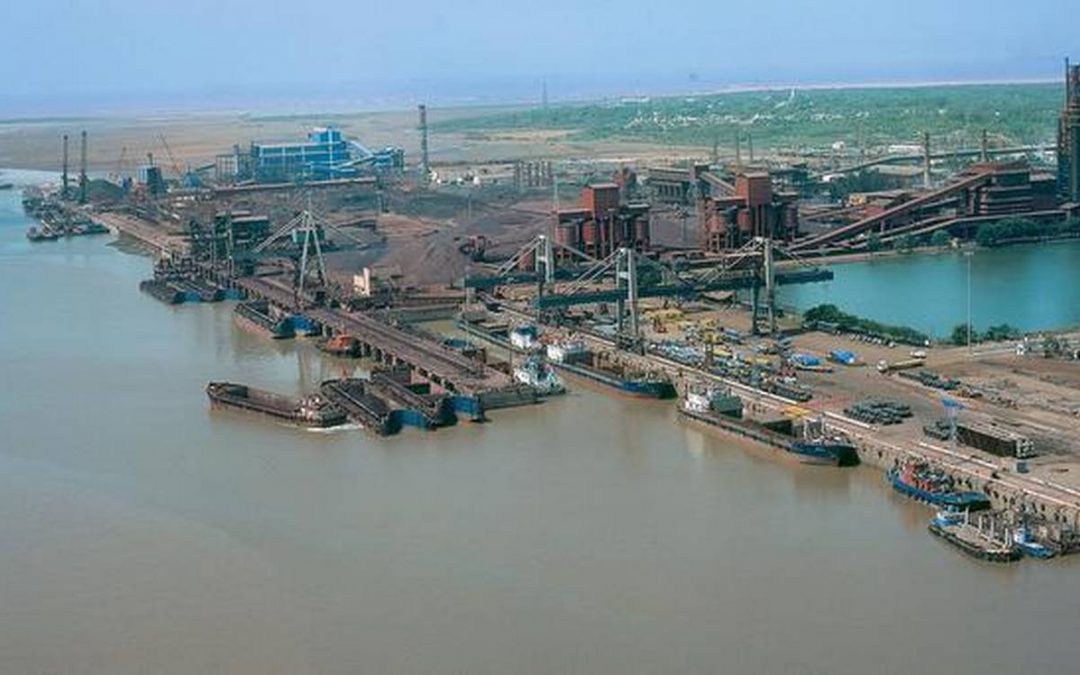Essar Bulk Terminal Ltd, a unit of Essar Ports Ltd, has won approval from a key environment clearance agency to build a ₹2,000-crore liquefied natural gas (LNG) terminal at its port located at Hazira in Gujarat’s Surat district.
Essar Ports Ltd is the port operating unit of Ruias’ promoted Essar Group.
The expert appraisal committee (EAC) has recommended the project to the Ministry of Environment, Forest and Climate Change for grant of environmental and coastal regulation zone (CRZ) clearance, according to a document seen by BusinessLine.
Essar Bulk Terminal runs a captive deep draft port at Hazira from a berth length of 1,650 m and 7 km of navigation channel for handling bulk and break-bulk cargo.
The port operating company has received environment and CRZ clearance in 2014 for expanding the Hazira facility by 4,800 m of berth length with back-up storage yard.
The planned expansion covers container and break bulk berth (1,100 m), general cargo (700 m), liquid cargo (500 m) for handling of petroleum products and chemicals, bulk berth (700 m), offshore support vessel berth (500 m), dry dock and ship repair jetty (700 m) and trestle berth of 600 m.
EBTL has also received permissions for extending the navigational channel from 6.2 km to 17.6 km and deepening the channel from 8 m to 16 m with broadening to 300-350 m and reclamation of 334 hectares of land.
EBTL plans to handle LNG within the last 400 m of existing berth of 1,650 m and 400 m additional waterfront to the south of the same.
EBTL’s proposed LNG terminal will have a combination of floating and land-based storage. Terminal will have a regasification unit (RU) to vaporise LNG into gas. LNG will be imported through LNG carrier and transferred to Floating Storage Unit (FSU) through ship to ship transfer mechanism using flexible hoses. Transfer of LNG from FSU to the storage on land or RU will take place using fixed marine loading arms.
Total LNG storage capacity will be 326,000 cu m in combination of floating (266,000 cu m) and land based (60,000 cu m) double walled atmospheric and pressurized tanks and the regasification capacity will be 750 million metric standard cubic feet per day.
Source: The Hindu Businessline






